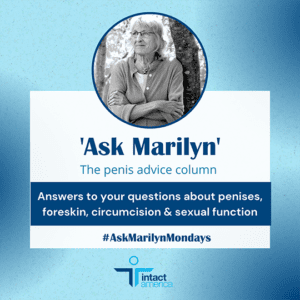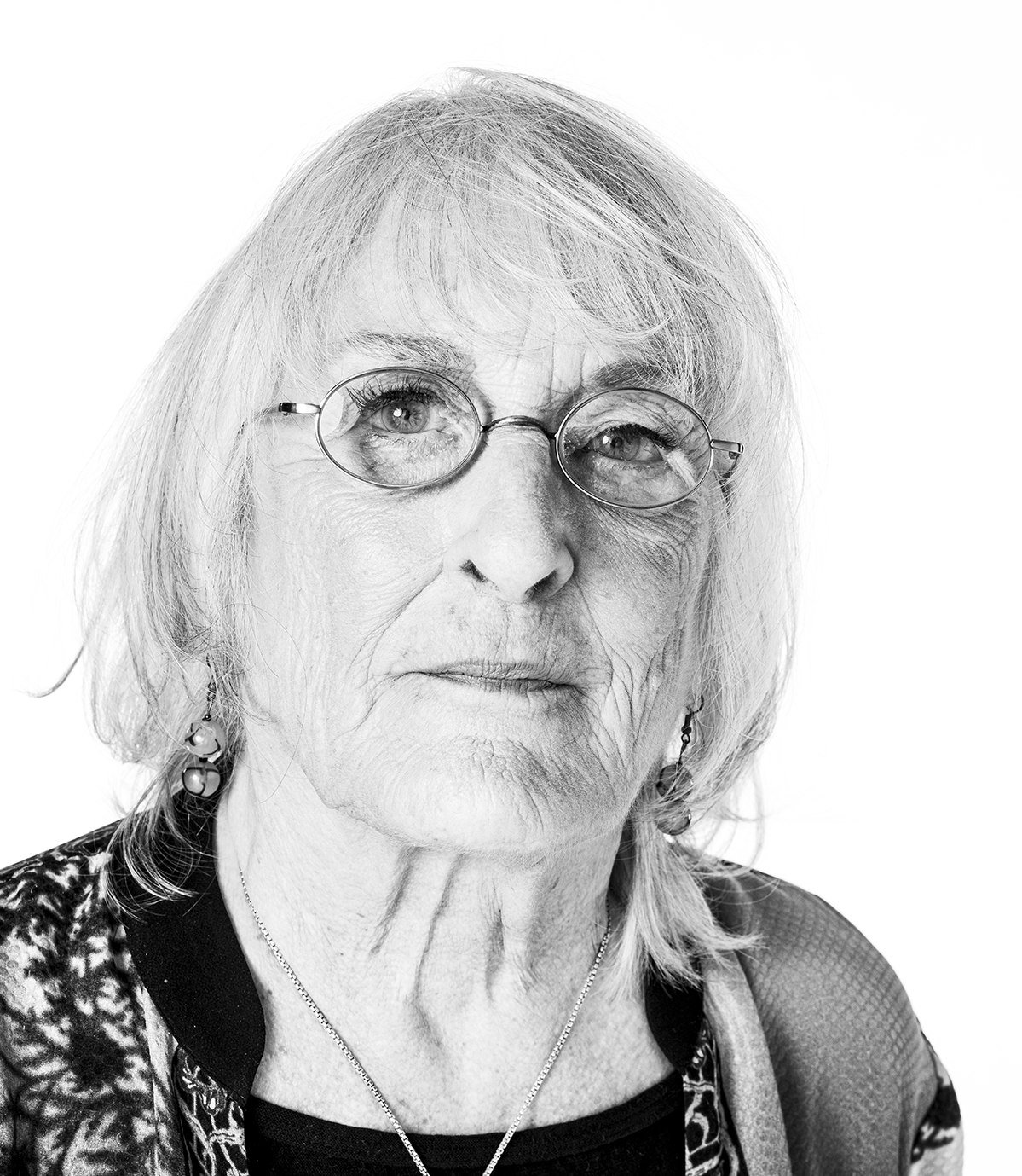Dear Marilyn:
I did not know that I was circumcised until I was 11 years old. My aunt and cousin, who live in France, came to visit us. My cousin stayed in my room, and one day as we were dressing I noticed that his penis looked different from mine. He showed me his foreskin, which he was able to retract.
I was devastated. I kept thinking that someone had sliced off a part of my penis and I could physically imagine the pain I must have felt as a baby. I confronted my parents and asked why they would do such a thing. They insisted it was no big deal and it was for the best.
Now I’m in my twenties and I feel more angry than ever. What can I do to move past this?
—Calvin, Denver, Colorado
Dear Calvin:
I am so sorry for your loss. Your parents made a mistake by allowing you to be circumcised and seem afraid to to take responsibility for that decision. A simple apology from them would be the first step to coming to terms with what happened to you. Consider approaching your parents today to talk about how you feel.
Counseling benefits almost all survivors of abuse and is likely to help you process your feelings. A therapist can help prepare you to go back to your parents and ask them to acknowledge your feelings of loss and pain.
I’ve spoken to thousands of survivors of male genital cutting, and I’ve seen many who find solace when they get involved with the genital autonomy movement and find they are not alone, and that there are many people who share their grief and anger. I urge you to join us in fighting to save baby boys from experiencing what you have experienced.
Some men also turn to foreskin restoration. I suggest you read my answer to a reader’s question about whether foreskin restoration is worth it. This might be something for you to consider.
I hope you can find peace in your future.
—Marilyn





